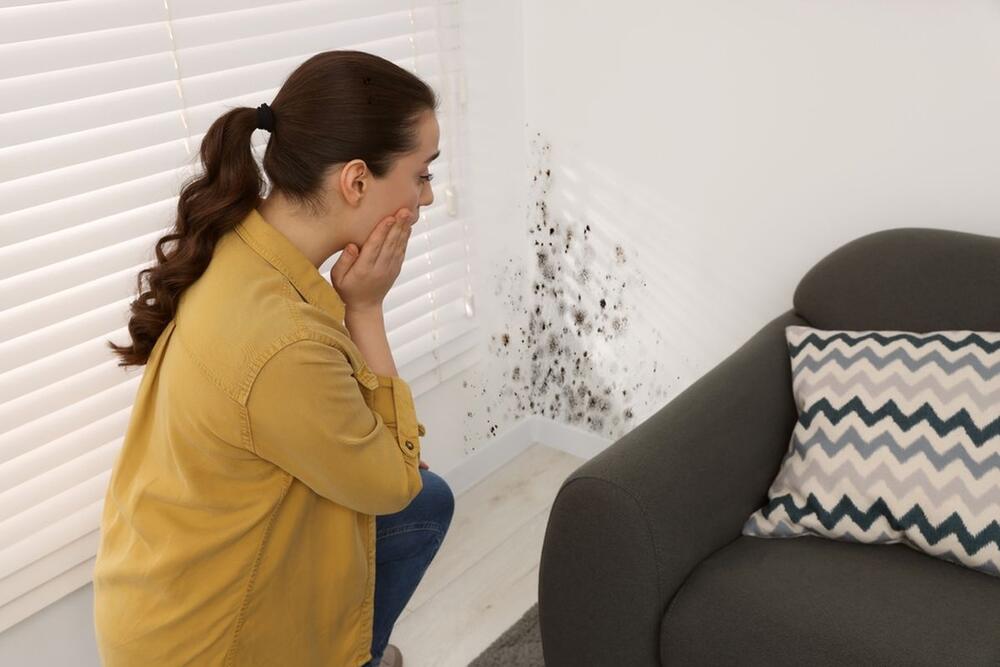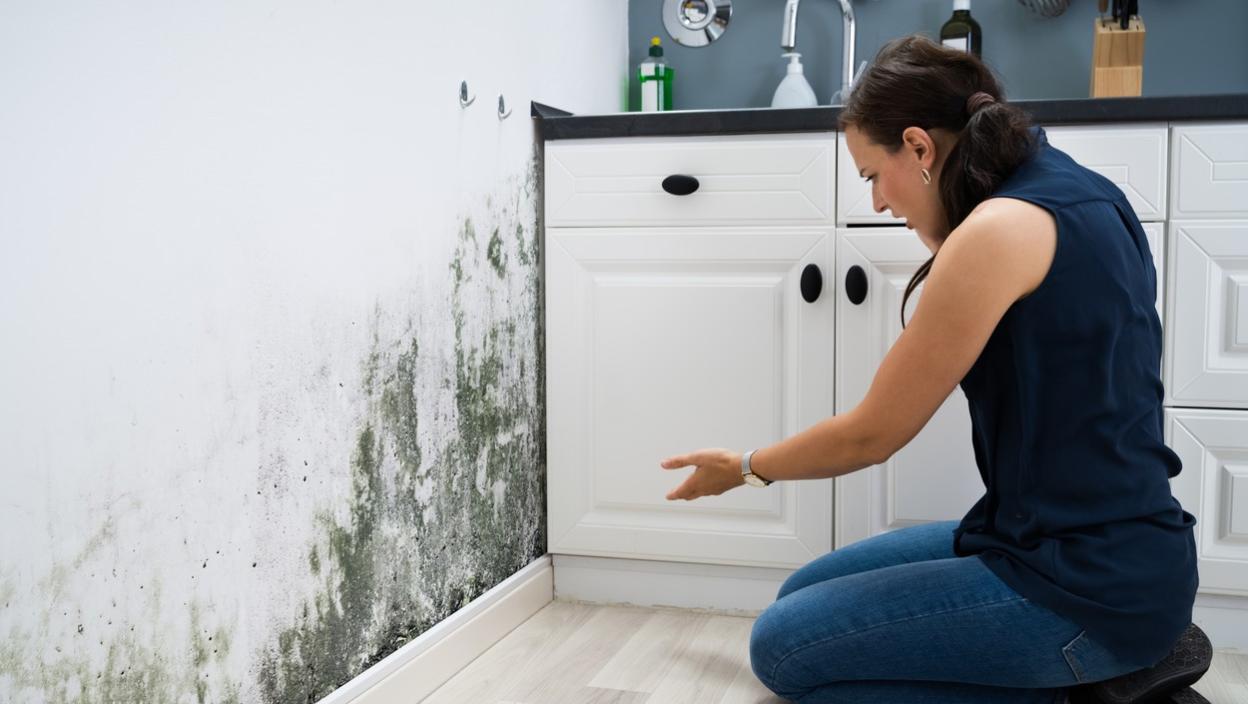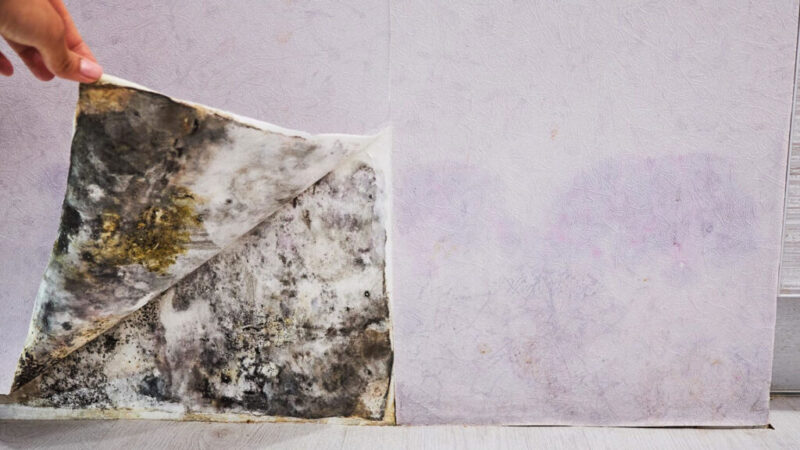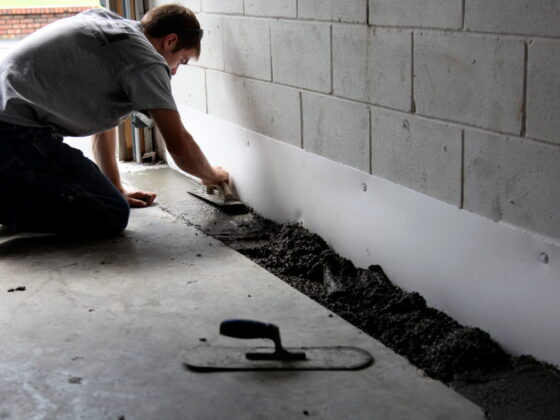Indoor air quality is a concern that often lurks unnoticed, yet its implications can be profound. Many homeowners may not realize that one of the most insidious threats to the air we breathe is mold.
Hidden within the nooks and crannies of our living spaces, this unwelcome guest can compromise health, exacerbate allergies, and even damage property. But how can you detect whether your indoor environment is suffering from mold? Identifying mold isnt always straightforward; it can morph and hide behind walls, under carpets, or in damp corners.
This article delves into the telltale signs of mold presence, offering you the knowledge to recognize the symptoms before they escalate. Whether youre noticing a musty odor, experiencing unexplained health issues, or observing discoloration on surfaces, understanding these clues could be your first step toward reclaiming your home’s air quality.
Are you ready to uncover the hidden dangers that might be lurking in your sanctuary?
Understanding Indoor Air Quality and Its Importance

Indoor air quality (IAQ) is a vital yet often overlooked aspect of our living environments, shaping our health and well-being in profound ways. The air we breathe indoors can be polluted by a variety of factors, including allergens, volatile organic compounds, and hazardous microbes like mold.
With many people spending the majority of their time inside, the significance of maintaining clean, fresh air cannot be overstated. Poor IAQ can lead to a cascade of health issues, from respiratory problems to chronic fatigue, not to mention the potential for mold growth, which can exacerbate these conditions.
Understanding the intricacies of indoor air quality empowers individuals to take proactive steps towards creating healthier spaces, ultimately enhancing their quality of life. By recognizing the signs of mold and other air quality pollutants, one can safeguard not only their immediate environment but also their long-term health.
Increased Allergy Symptoms: Is Mold the Culprit?

As you navigate the often-hidden complexities of indoor air quality, you may find yourself grappling with an unexpected increase in allergy symptoms. Sneezing, coughing, and itchy eyes could very well signal a mold-related issue lurking within the confines of your home.
Mold thrives in damp, poorly ventilated spaces, releasing spores that flutter through the air and infiltrate your respiratory system. This insidious presence can amplify reactions in sensitive individuals, leading to exacerbated asthma symptoms or triggering seasonal allergies year-round.
If youve noticed that your symptoms spike whenever youre indoors, it might be time to investigate further. Understanding the connection between mold and your health is crucial; addressing it could be the key to regaining your comfort and well-being.
Short-term vs. Long-term Effects on Health

The impact of mold on health can manifest both in the short term and the long term, each with distinct implications. In the short run, exposure to mold spores can trigger a cascade of immediate health issues, such as sneezing, coughing, and watery eyes, particularly in individuals with allergies or asthma.
These symptoms, though often manageable, can disrupt daily activities and diminish quality of life. Conversely, the long-term effects of mold exposure can be far more insidious.
Persistent inhalation of mold can lead to chronic respiratory conditions, immune system suppression, and even neurological effects, particularly in vulnerable populations such as children and the elderly. Thus, recognizing the signs of mold growth in your indoor environment is vital; tackling the problem early may prevent both fleeting discomfort and more serious health ramifications that could linger for years.
Conclusion
In conclusion, maintaining high indoor air quality is vital for the health and well-being of anyone who spends time in your home or office. Being vigilant about the signs of mold growth and understanding how it can compromise air quality is essential in preventing potential health issues.
If you suspect that mold may be impacting your indoor environment, it’s crucial to take action promptly. Consider scheduling a professional mold inspection St. Petersburg, FL, to accurately assess the situation and implement effective remediation strategies. By addressing mold concerns proactively, you can ensure a healthier living space and enjoy peace of mind knowing that your indoor air quality is up to par.


